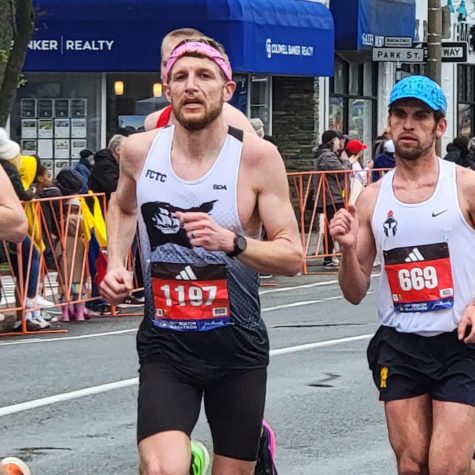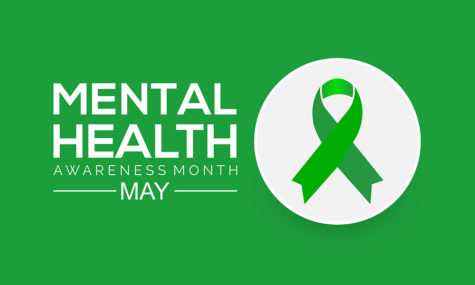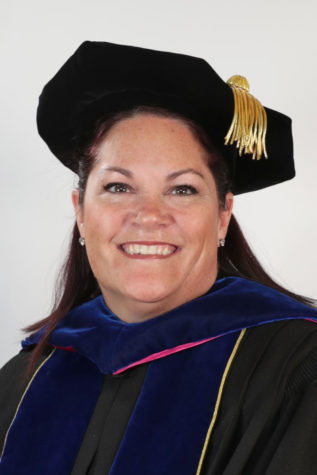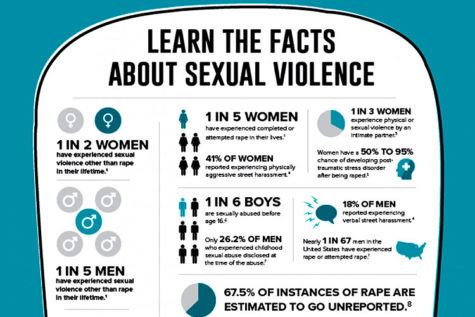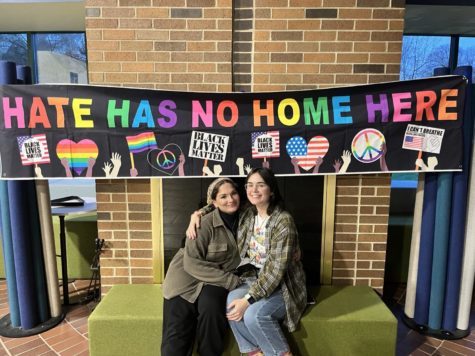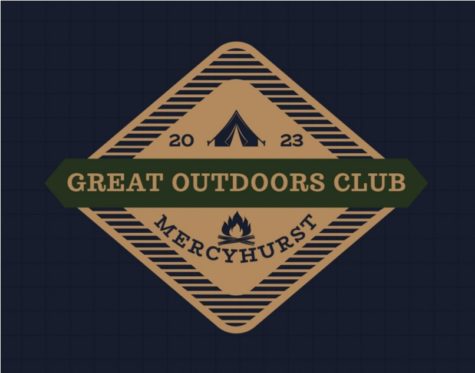Getting hands dirty for World Anthropology Day
February 23, 2022
On Feb. 16 and 17, celebrations took place both virtually and on campus for World Anthropology Day. The campus celebration of Anthropology Day was coordinated by Allison Byrnes, staff archaeologist, lithic analyst and lecturer at Mercyhurst.
“Anthropology Day is a global celebration of Anthropology, which is the study of human diversity and the many aspects of the human experience,” said Byrnes. “It is an opportunity both for our students to explore certain themes in Anthropology, and for us to share our love of the field with the community.”
According to the American Anthropological Association (AAA) website, Anthropology Day is always held on the third Thursday in February. The Association states that they chose this date because they “wanted to choose a date when classes would be in session, both on university campuses and in secondary schools so that students would be prepared to participate.” The purpose of this day is for everybody involved in the Anthropology field to have the opportunity to celebrate their discipline, while also sharing it with others. Anthropology is defined as “the study of human societies and cultures and their developments.”
Students in this major can pursue a variety of jobs including careers in archaeology, environmental anthropology, medical anthropology and more. All of the events were celebrations of anthropology, but each also had their own individual importance and meaning. One event included a virtual presentation from Mercyhurst alumna Gail Golec (class of 1999) titled “Interpreting Historical Landscapes in the Connecticut River Valley.” Golec is currently working as an anthropologist and is the developer and host of “The Secret Life of Death” podcast. There was also an event in Zurn Hall in which participants got the opportunity to work with clay and make corn husk dolls. “We worked with clay and made corn husk dolls because a big part of Anthropology is thinking about how humans interact with their technologies,” said Byrnes.
The anthropology department also had a showing of the film “Gather” and ended with a virtual alumni panel highlighting the uses of a degree in anthropology. “‘Gather’ is a film about the revitalization of Native American foodways, because Anthropologists tend to be big advocates for civil rights, including the rights of Indigenous people,” Byrnes said. Byrnes also mentioned that many of the alumni who graduated with a degree in the Anthropology/Archaeology field have gone on to work in different directions. “The virtual alumni panel featured a handful of former students who have taken dramatically different paths after graduation. In general, our alumni include professional archaeologists, military personnel and a million things in between,” she said.
Although they were unfortunately only able to invite a few alumni due to time restrictions, the panel included a member of the medical field, three professional archaeologists, a graduate student in archaeology, a Peace-Corps (Ukraine) volunteer and a graduate student in history who is also a museum educator and a foster care case worker. “The composition of the panel reflects the fact that there are myriad educational and academic opportunities for a person with an anthropology back-ground,” said Byrnes. “We hope that our events communicate the breadth of Anthropology — our interests in material culture/technologies, our advocacy for social justice and inclusive communities and the many ways in which students can apply their anthropology background to a life path that suits their specific interests.”
Per the Mercyhurst website, “Anthropologist” and “Archaeologist” both rank among the Best Science Jobs by U.S. News and World Report; and Mercyhurst ranks as a “Top-20 Value’’ program for a degree in Archaeology by College Values Online. Students were able to take a lot away from the events and found them to be both enjoyable and meaningful. “I enjoyed being a part of planning and attending because the club and department were able to show how fun the discipline is, and being awareness to what Anthropology is,” Catherine Segada, sophomore socio-cultural anthropology and environmental science double major said. Segada is the co-vice president of the Anthropology Club and also added that she enjoyed the alumni panel the most. “There aren’t a lot of chances to meet with anthropologists, so it was very interesting to hear about how people have taken their degrees and built a life from them,” said Segada.
Truth Arnold, sophomore Anthropology/Archaeology major and Public History & Museum Studies minor, is also a Co-VP for the Anthropology Club and expressed how much she enjoyed the events. “I liked the fact that it gave our majors, or anyone interested in Anthropology, a glimpse into things that we discuss and explore within our major,” said Arnold. “My favorite event was the movie ‘Gather,’ as it was a really well-done documentary that felt really grounded in the realities of native reservations and how they go about maintaining their culture and health in a time that still oppresses them,” she said. Arnold also expressed the love and passion that she holds towards anthropology. “I honestly love learning about culture and the intricacies of how humans navigate the world,” said Arnold. “I love seeing how humans have an effect on this world. I honestly couldn’t see myself in any other major.”
Segada also expressed her passion for her major, adding that she has an idea of what she would like to do after graduating with a degree in Anthropology. “I am pursuing my majors to learn what I need to know so I can help communities that have faced environmental disasters,” said Segada. “I’ve always known I wanted to work with people and the environment. Anthropology is such a diverse field that a person with any interest could find a spot in this discipline.”
The events had a nice turnout, both from anthropology students and students of all majors were invited to and encouraged to attend. If you were unable to attend the events, you could also con-sider checking out the Anthropology Club on campus. If you were not able to attend this year, make sure you do next year — the events offered are meaningful and interesting, regardless of your discipline!

